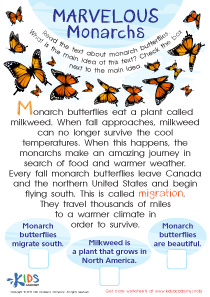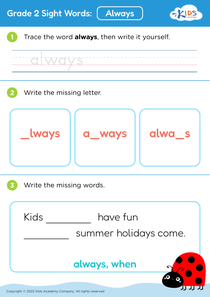Learning and Useful Plants Worksheets With Answers
7 filtered results
-
From - To
Answer Keys for Plants Worksheets for Grade 2
Explore our "Learning and Useful Plants Worksheets With Answers" designed specifically for young learners! These engaging worksheets introduce students to the fascinating world of plants, covering essential concepts such as plant life cycles, photosynthesis, and the importance of plants in our ecosystem. Each worksheet comes with easy-to-follow instructions and a convenient answer key, making it perfect for independent or guided learning. Enhance your students' understanding of science while fostering their curiosity about nature. Tailored for second graders, these resources will help build a strong foundation in plant science. Download and start discovering the wonders of plants today!
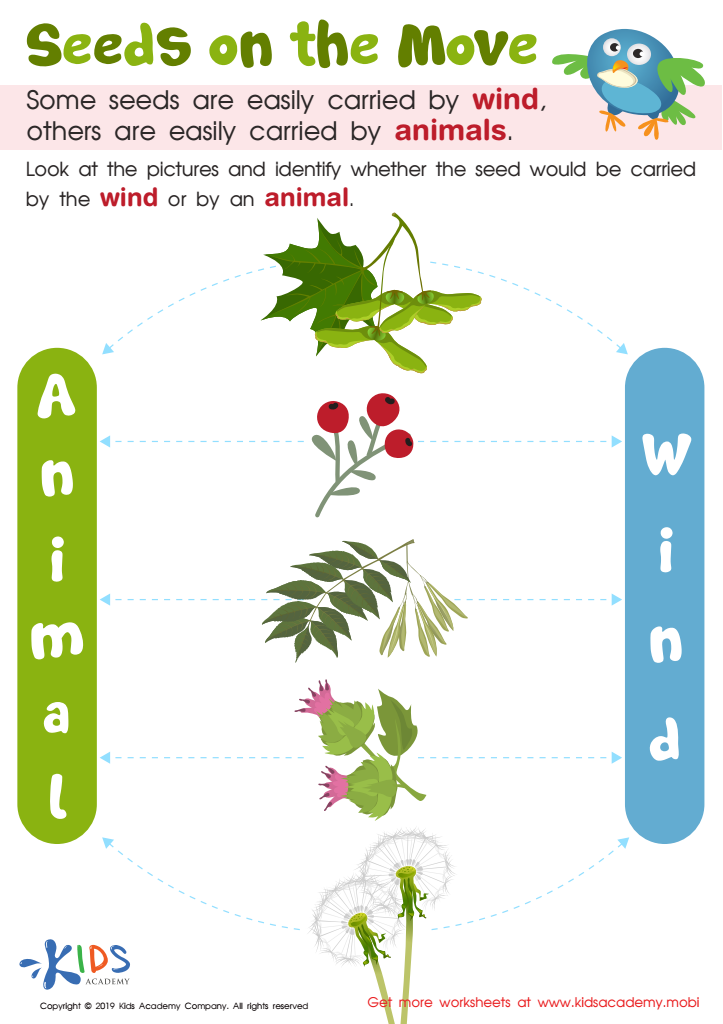

Seeds on the Move Worksheet
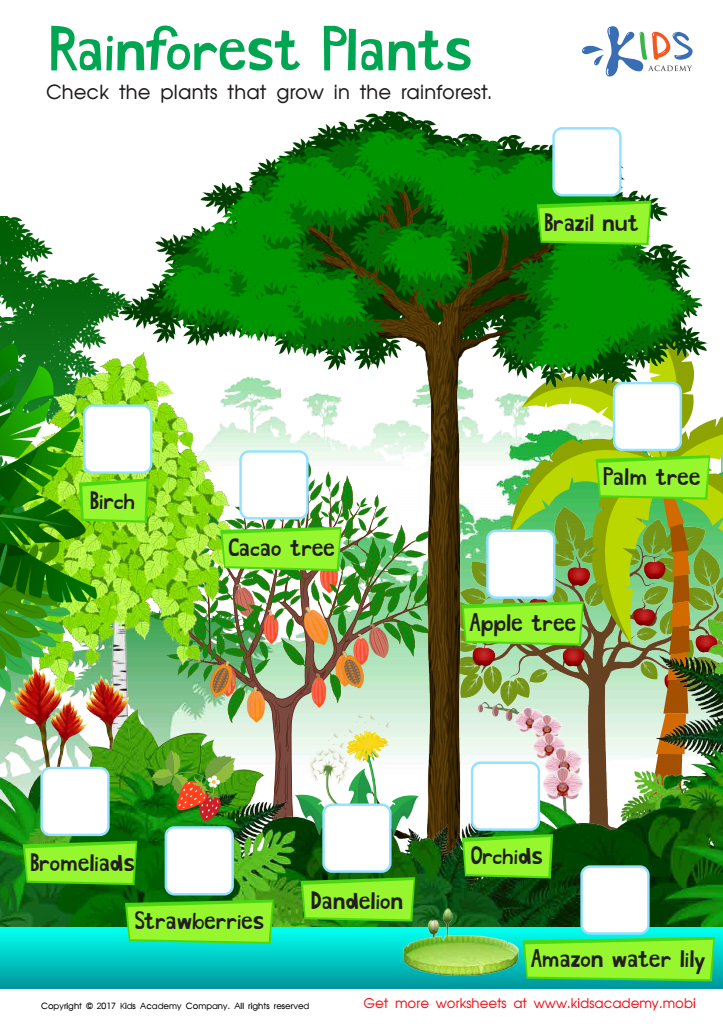

Rainforest Plants Worksheet
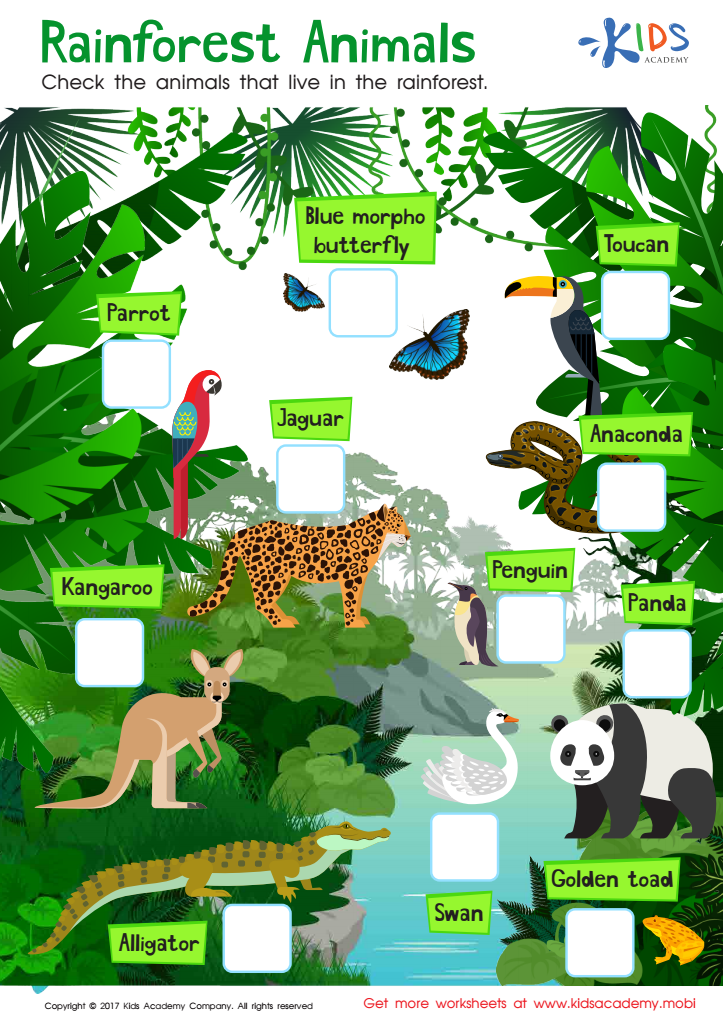

Rainforest Animals Worksheet
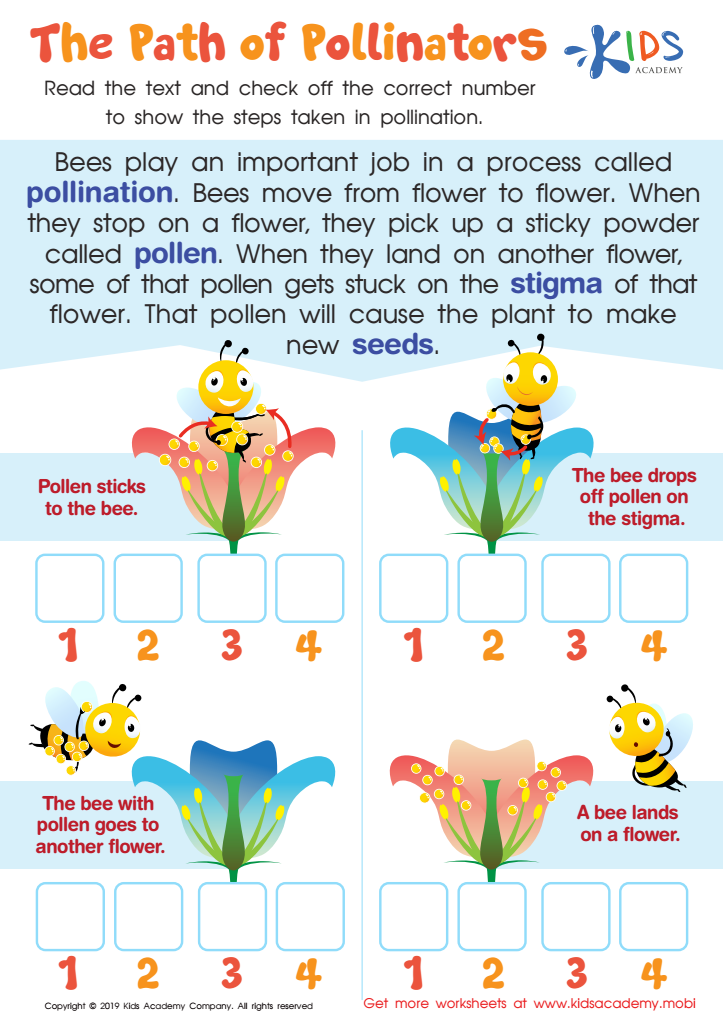

The Path of Pollinators Worksheet


Ecosystems: Assessment 1 Worksheet
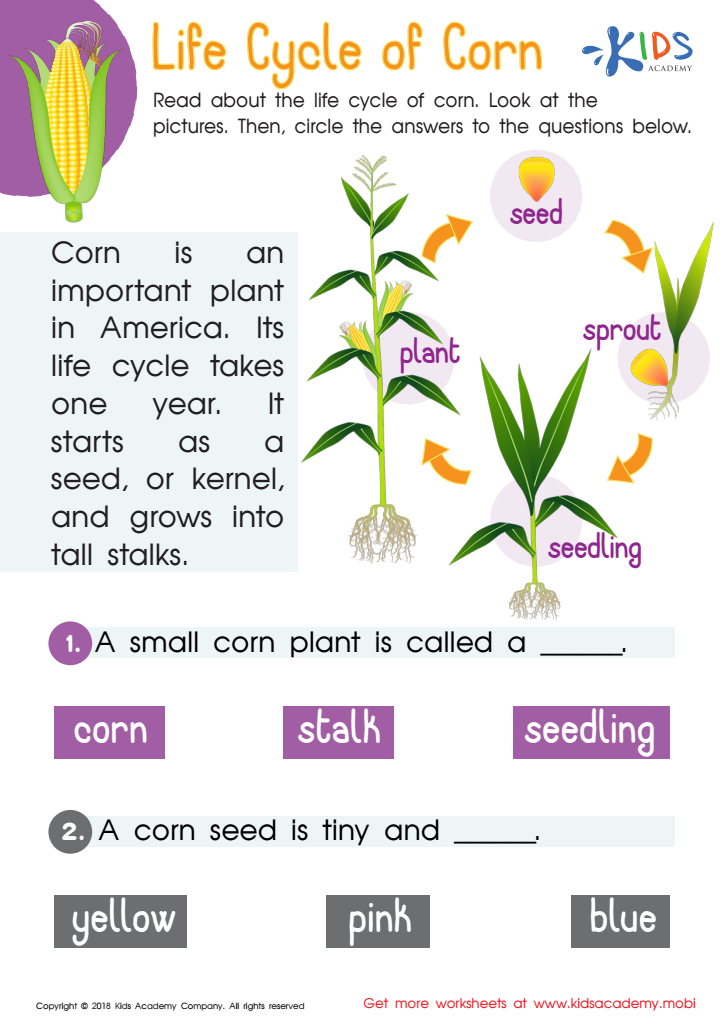

Life Cycle of Corn Worksheet
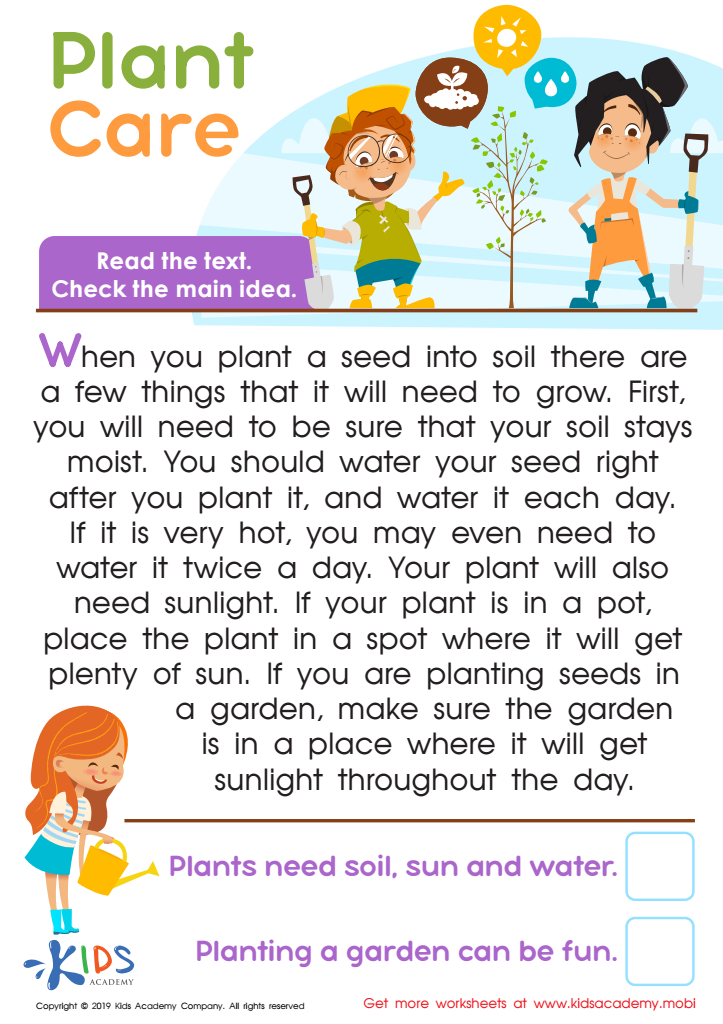

Plant Care Worksheet
Understanding learning and useful plants is crucial for both parents and teachers for several reasons. First, it offers an invaluable opportunity to engage students in hands-on learning. Exploring plant life allows children to observe, classify, and comprehend the natural world, which aligns with essential curriculum goals in science and health.
Second, learning about useful plants—such as those used in cooking, medicine, or sustainable practices—teaches children about nutrition and environmental responsibility. For instance, discussing the benefits of growing fruits and vegetables can foster healthy eating habits and show the importance of biodiversity.
Furthermore, such educational experiences promote curiosity and foster a love for nature. Parents and teachers who encourage exploration of plants can instill lifelong skills in observation, patience, and care. It also encourages teamwork and cooperation during planting or gardening activities.
Overall, implementing plant education combines ecological awareness, practical life skills, and academic learning while nurturing a generation that values environmental stewardship. Promoting these lessons can create enriched learning environments where children develop both academic knowledge and personal responsibility towards the earth and its resources.
Q: How can parents help with this learning at home?
A: They can start a small garden or provide potted plants for children to care for, highlighting growth and responsibilities.
 Assign to My Students
Assign to My Students






